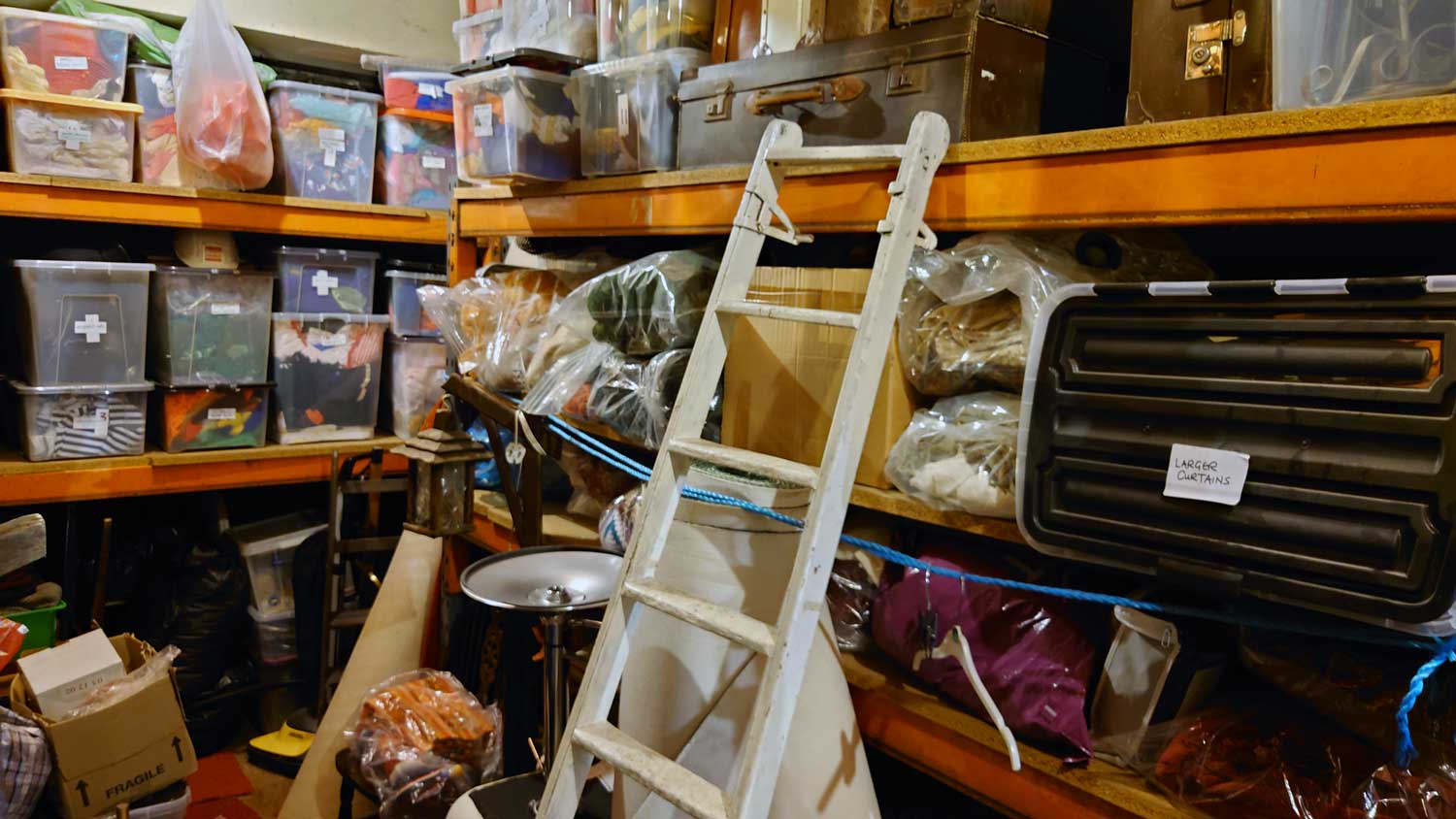Properties, or “props,” are crucial design elements for stage productions. Anything an actor handles, carries, or manipulates that is not attached to the walls or floors is considered a stage prop. Because actors interact with props, they are also elements that the audience often pays close attention to.
REsPOnsiBilitiEs
Responsibilities of the Prop Building Department includes:
- liaise with the director for each production and produce a list of properties required.
- source props: from existing stock, borrowed through contacts, hired, made or purchased.
- work through the script to see that props are allocated to the actors or set on stage.
- attend the rehearsals when props are required.
- maintain the stock of props stored in the props room (off the dressing room) and to keep the props corner tidy and clear of any possible obstruction, as it is an emergency exit from the auditorium.
- Return props to the props room or lenders/hirers at the end of a production.
- supervise any additional personnel who may have volunteered to assist with props.
cOMMITTMEnt
Ideally, to be available at every performance of a production. If not, to be able to delegate the work.
sKills
Organisation and interpersonal skills to manage props. Some level of creative/artistic skill to make props when needed.
tEMPERaMEnt
One who has an affinity with the needs of actors and directors to ensure the smooth running of a production.



